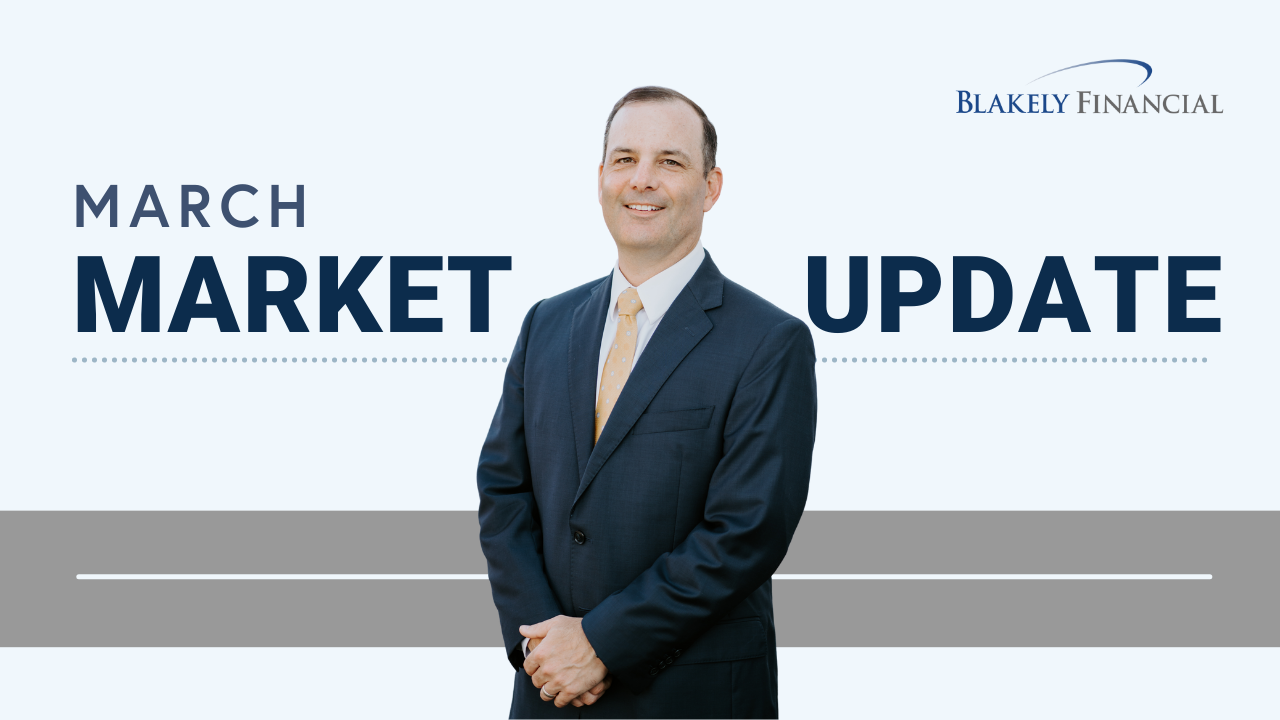Achieving financial freedom is a goal for many, but for women, it often comes with unique challenges. From wage gaps and career breaks to planning for longer life expectancies, women face distinct hurdles in their financial journeys. However, with the right knowledge, these obstacles can be overcome. In this blog, learn how to build wealth, take control of your financial future, and thrive in the financial world.
Understanding the Unique Challenges
The first step in gaining financial freedom as a woman is to understand the unique challenges you may face in the financial world. Here are a few you may come across:
- Wage Gaps: Women often face wage disparities across various sectors and industries, which can significantly impact their long-term financial health.
- Career Breaks Many women take career breaks for caregiving, which can impact their earning potential and career growth.
- Longer Life Expectancies: Women typically live longer than men, which means it is crucial to plan for extra years of retirement.
Combating Challenges
While these challenges are very common among women, they can also be overcome. To combat wage gaps, women should be educated about industry salary standards and negotiation skills to ensure they are fairly compensated for their work. Additionally, supporting women’s access to leadership training and mentorship can help them reach higher-paying positions and close the wage gap.
Women can mitigate the financial impact of career breaks by engaging in proactive financial planning, such as saving specifically for this purpose. When speaking with your financial advisor, let them know this is part of your plan and they will help you factor it into your financial game plan.
When taking longer life expectancies into consideration, women should focus on extending their retirement planning to ensure they save enough to cover these additional years. Investing in robust healthcare plans and health savings accounts can address the rising medical costs associated with aging.
Essential Financial Strategies
When embarking on your journey toward financial independence, there are a few essential financial strategies to keep in mind:
- Investing Early: Starting your investment journey early maximizes the benefit of compounding interest, which is crucial for building long-term wealth. Even small investments can accumulate significantly over time, helping women secure their financial future.
- Diversified Portfolio: A mix of assets can manage risks and promote steady growth, safeguarding wealth against unpredictable market conditions. A diverse portfolio may include stocks across different industries and risk profiles, as well as other assets such as bonds and real estate.
- Retirement Planning: Retirement planning is particularly important for women due to longer life expectancies and unique career trajectories. Effective strategies include maximizing 401(k) contributions and selecting suitable retirement accounts to ensure financial stability in later years. Be sure to research your employer’s retirement plan options and work with your financial advisor to select the one that best fits your unique situation and needs.
Learn and Grow
The journey to financial freedom is ongoing, requiring continuous learning, growth, and support. The following are key to a successful financial future:
- Education & Awareness: Understanding the financial landscape is crucial for achieving financial independence. By educating yourself through workshops, webinars, and resources, you can become more aware and better prepared for any situation coming your way. Additionally, learning negotiation skills can help you secure better salaries and benefits, which is essential for building long-term wealth.
- Strategic Planning: Strategic financial planning is essential for reaching financial independence. For example, having a plan that accounts for career interruptions by saving for sabbaticals or considering career break insurance can help create a solid path toward financial stability and independence.
- Support and Community: Building a strong support system is crucial for women’s financial success. Engaging in mentorship programs for guidance and joining networks with other women facing similar financial challenges can provide valuable support.
With determination and the proper resources, women can confidently navigate their financial paths and achieve lasting financial security. If you want to learn how to gain financial independence, contact us today. We’re here to guide you every step of the way.













